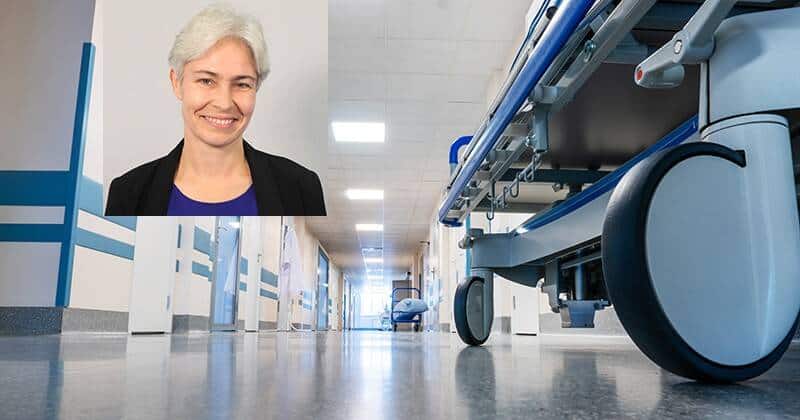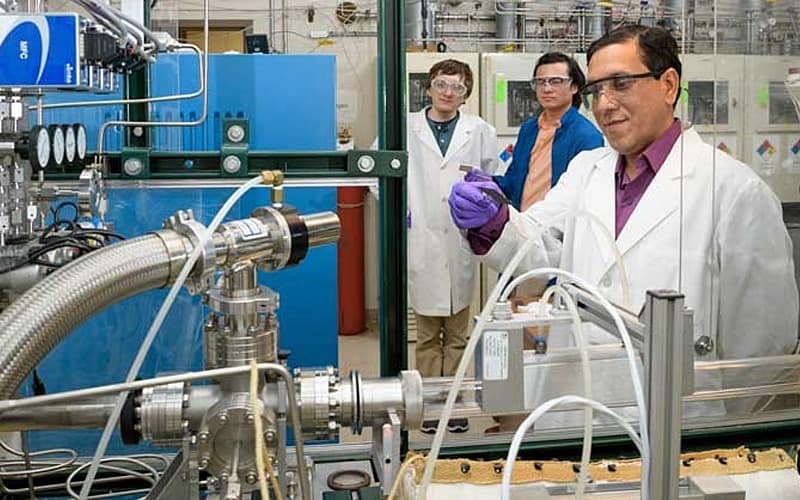RESEARCH
DISCOVERY
A Blog Devoted to UD Innovation, Excellence & Scholarship
COVID-19
Beyond COVID
UD Prof. Melissa Melby is a medical anthropologist with training in chemistry, environment and development, public health and nutritional epidemiology.
In recent years, scientists like the University of Delaware’s Melissa Melby have been sounding the alarm about what is sometimes called “the hygiene hypothesis” — the effect of intensive sanitizing and increased use of antibiotics on the microbes that we carry on our skin and in our guts.
These microbes, known collectively as the human microbiome, have become less diverse in a way that’s been linked to such conditions as asthma and allergies. Although some microbes are harmful, medical experts point out that most are harmless or even beneficial.
Now, with the COVID-19 pandemic changing our everyday behavior, Melby and others say the microbiome is in for even more changes.
“We’ve known for some time that overuse of sanitizers and other antimicrobials is causing health issues,” said Melby, professor of anthropology at UD and a medical anthropologist who is a co-director of the Humans and the Microbiome program through the international Canadian Institute for Advanced Research (CIFAR). “We know that good microbes are the best defense against bad microbes, but the pandemic is raising new challenges.”
Sterilizing surfaces, avoiding contact with others, spending less time outdoors and changes in diet — whether eating healthier, home-cooked meals or indulging in more unhealthy snacks while spending more time at home — are all behavioral changes prompted by the pandemic. What researchers are just beginning to study are the effects of these behaviors on the microbiome.
“Of course, you have to protect yourself from getting COVID, but we also need to think about the long-term effects of all these environmental changes,” said Melby, who was a co-author of a paper on the subject published earlier this year in the Proceedings of the National Academy of Sciences. “Our paper may have raised more questions than it answered, because it will take years to analyze all the effects on human health, but we hope that studying these issues will help prepare us for the next pandemic.”
At the start of the pandemic, Americans paid particular attention to sterilizing their surroundings. But, as time went on, scientists found that the risk of transmission of the virus from surfaces was low and that masks, social distancing and good ventilation were the most effective prevention methods.
Still, Melby noted, hand sanitizers and antimicrobial cleaning products are still commonly being used more often than before the pandemic. Cleanliness and hand washing have always been important, she said, but she added that we also need to consider whether overuse of strong chemicals, in school classrooms for example, is exposing children to a different danger.






